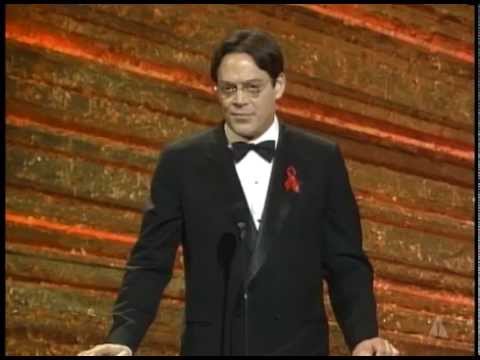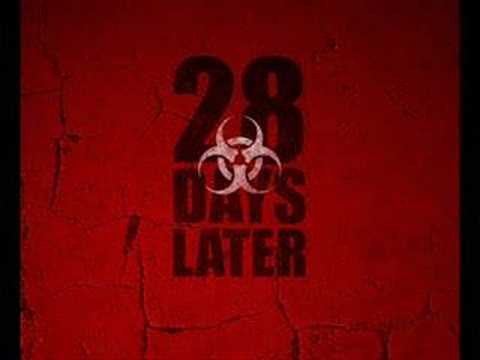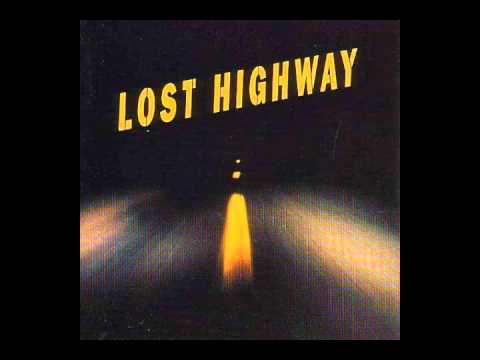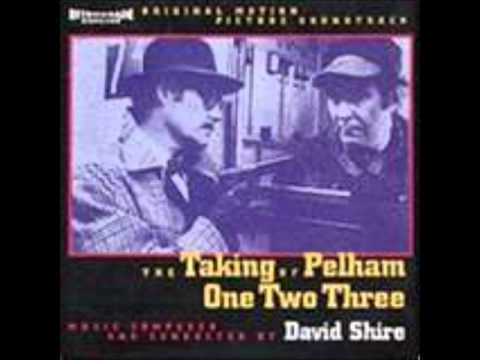Coming in sixth place for 3 points is @seities
Do you hear the similarities to another brilliant film score? Don’t worry, you’ll get it on your own in 28 days or so.
This track is written by Marco Beltrami, who is primarily a horror composer, which at first felt weird to me, but horror composers are so good at mood and tone that this makes sense after all. That got me digging through my mental horror music catalog.
The dynamic, the chord progression, the arrangement, I’d swear it’s made from the same cloth as this.
That cloth would be famed composer Jerry Goldsmith.
In a 2001 interview, film composer Marco Beltrami (3:10 to Yuma, The Hurt Locker) stated, “Without Jerry, film music would probably be in a different place than it is now. I think he, more than any other composer bridged the gap between the old Hollywood scoring style and the modern film composer.”
Was it possible, I wondered, for Marco to share such similarities in his compositions because they were inspired by the same composer?
The theme for 28 Days Later was written by John Murphy, who has primarily worked with Guy Ritchie, Michael Mann (skydiver8 Last of the Mohicans connection ZOMG), and here we go—one soundtrack co-written with Jerry Goldsmith himself. Surely that’s enough to prove the connection—but it turns out it was “co-written” only because Murphy incorporated elements from Jerry Goldsmith’s score to the first Basic Instinct (ZOMG A SECOND SKYDIVER REVEAL CONNECTION?!).
Well, I’m not sure if there’s anything to that particular theory, but it’s a great track, and the rabbit hole it led me down alone is worth sixth place 3 points.













